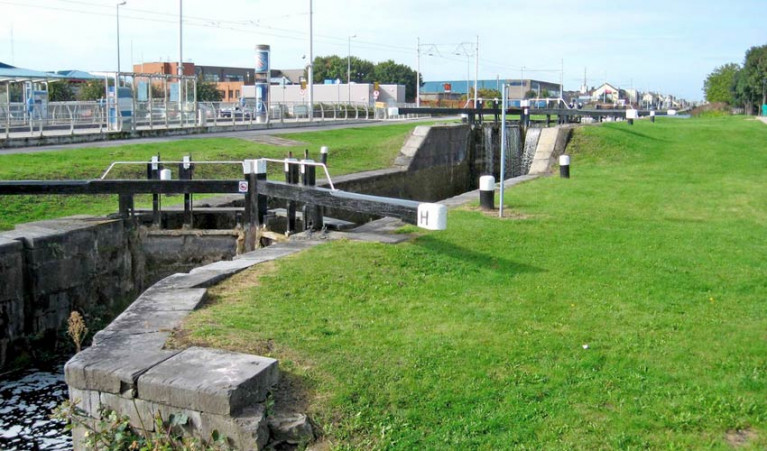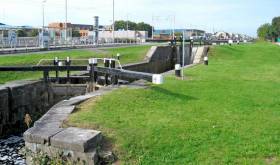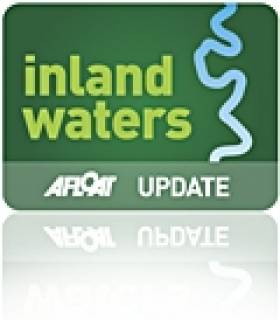Displaying items by tag: Inchicore
Waterways Ireland has announced that works to repair a broken sewer line in the Grand Canal at Inchicore will not be completed until the end of May.
Navigation between Locks 1 and 2 will remain closed after the incident last summer which saw the partial collapse of a trunk sewer at Suir Road, west of St James’ Hospital in the city.
The cross-border body for Ireland’s inland waterways added: “As the works to the sewer are dependent on a number of factors and are outside of Waterways Ireland control, this date cannot yet be confirmed but updates will be issued when available.”
Boat passage arrangements for both the Grand Canal and Royal Canal in and out of Dublin were recently announced ahead of the 2020 boating season, which begins later this month.
Grand Canal Drained Over Sewer Collapse In Dublin
RTÉ News reports that a lengthy section of the Grand Canal in Dublin has been drained after the partial collapse of a trunk sewer in the city.
The breach of the sewer system at Suir Road in Inchicore has had no impact on local homes or businesses, and the sewer is still in operation.
However, the emergency works have required the waterway to be closed and emptied between Locks 1 and 2 — with no timetable as yet for restoration of access from the main body of the canal to the city centre.
RTÉ News has more on the story HERE.
Grand Canal City Dredging Works Completed
#GrandCanal - Waterways Ireland has issued notice that dredging works on the Dublin Main Line of the Grand Canal between Portobello and Inchicore have now been completed.
As previously reported on Afloat.ie, the works between Lock C7 at Portobello and Lock 2 at Davitt Road were instigated to keep the canal navigable for a large range of boats.
The dredging works involved the removal of sediment deposits from the central navigation channel and the clearance of rubbish.
Meanwhile, major renovation works on the city terminus of the Grand Canal at Ringsend Basin are ongoing with a view to completion in mid May.































































